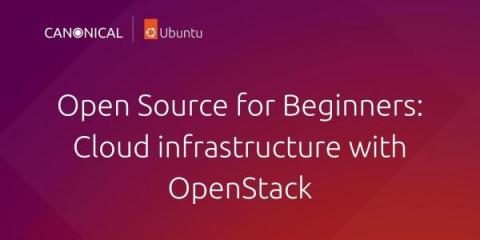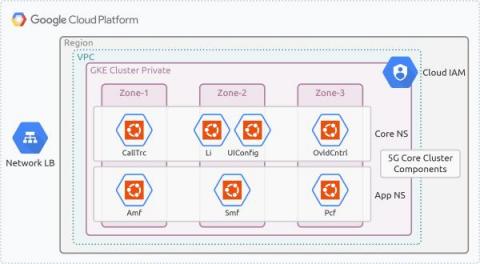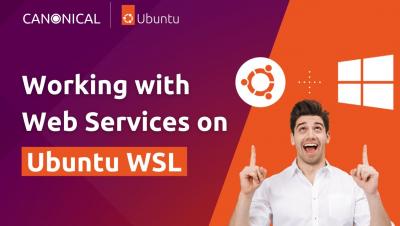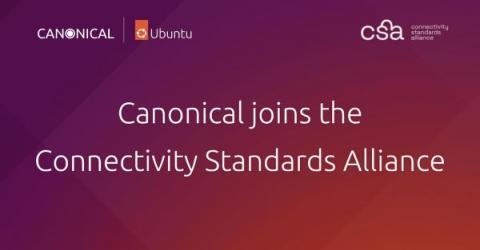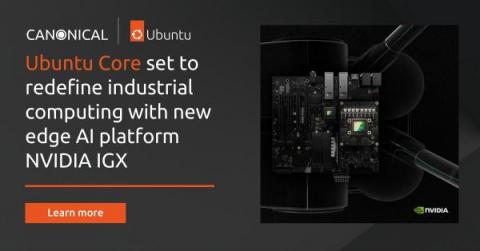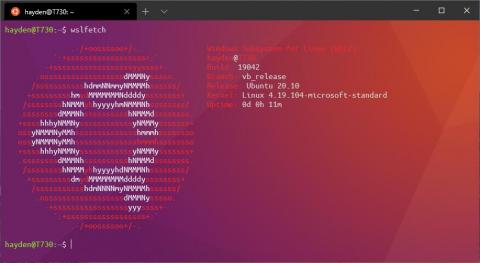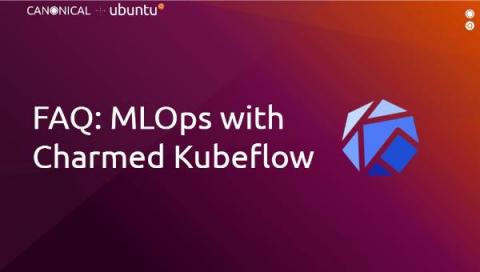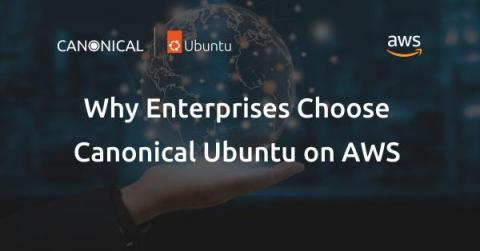IoT project lifecycle: App-centric software development [Part II]
The traditional embedded Linux development model ties applications to the OS. Such a constraint means apps have to target a specific release, which lowers development velocity. Furthermore, broken upgrades in one part of the device may affect refreshes in the rest of the OS. On the other hand, embedded developers are increasingly looking at open-source software to enable rapid app-centric software deployment and global collaboration.



